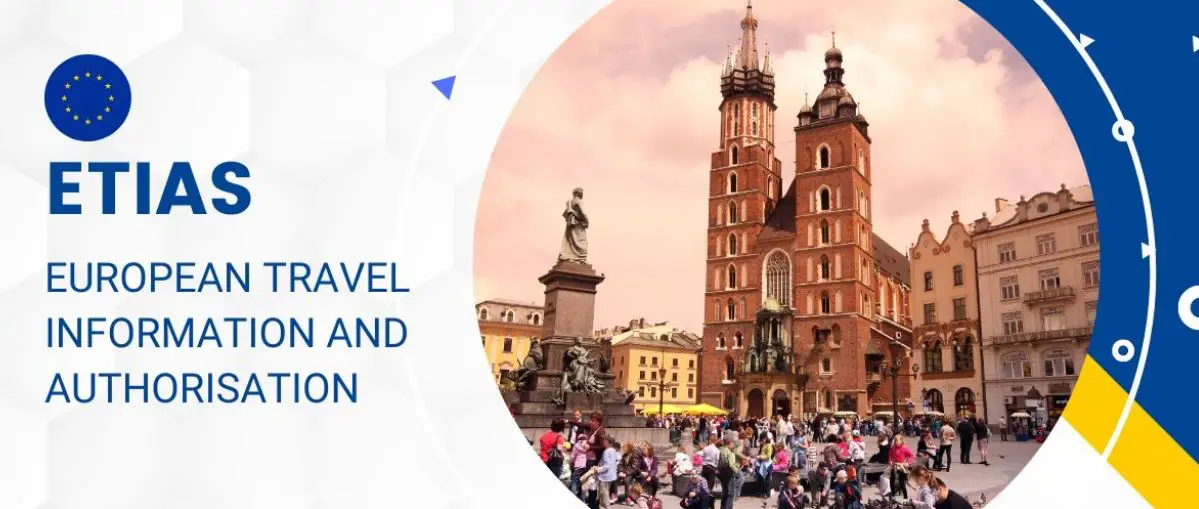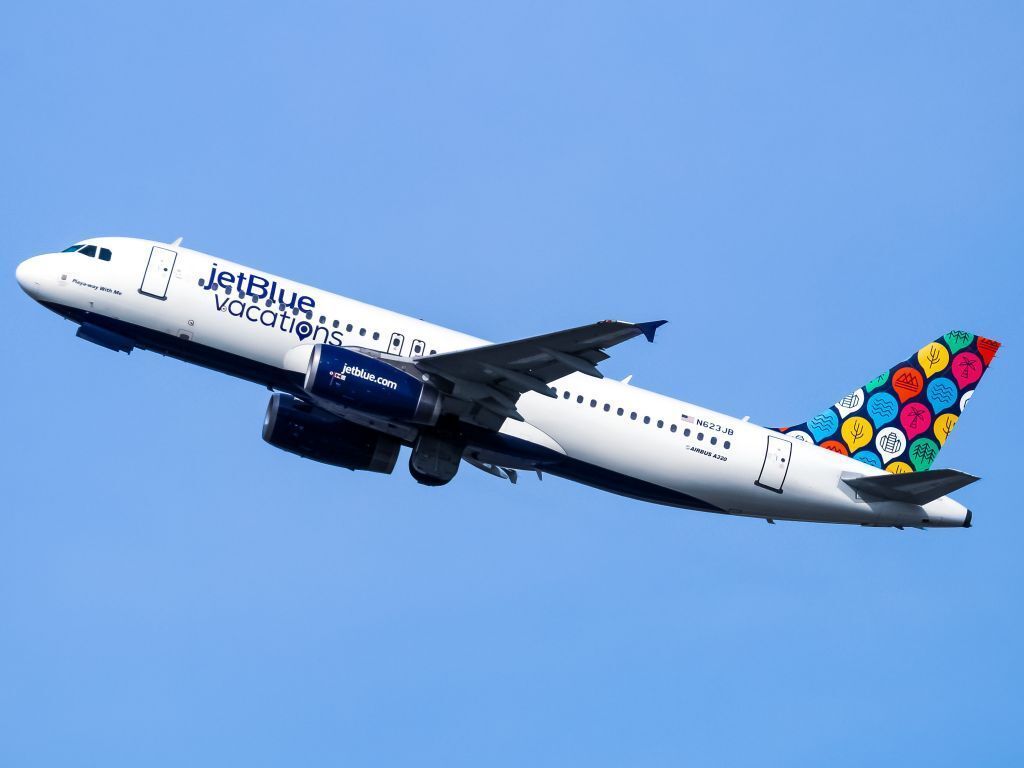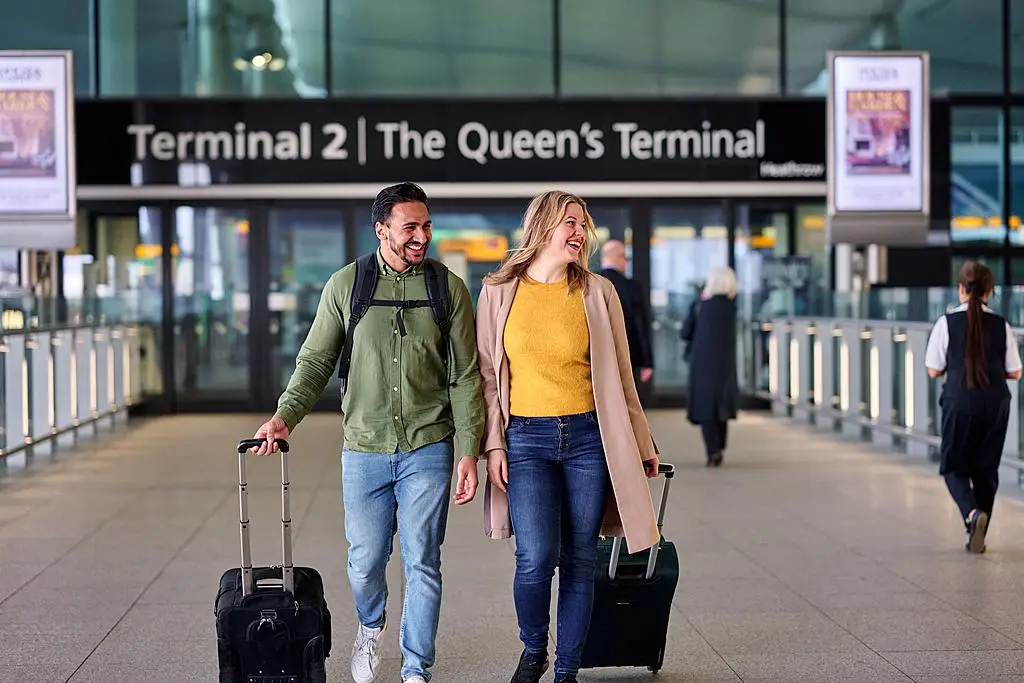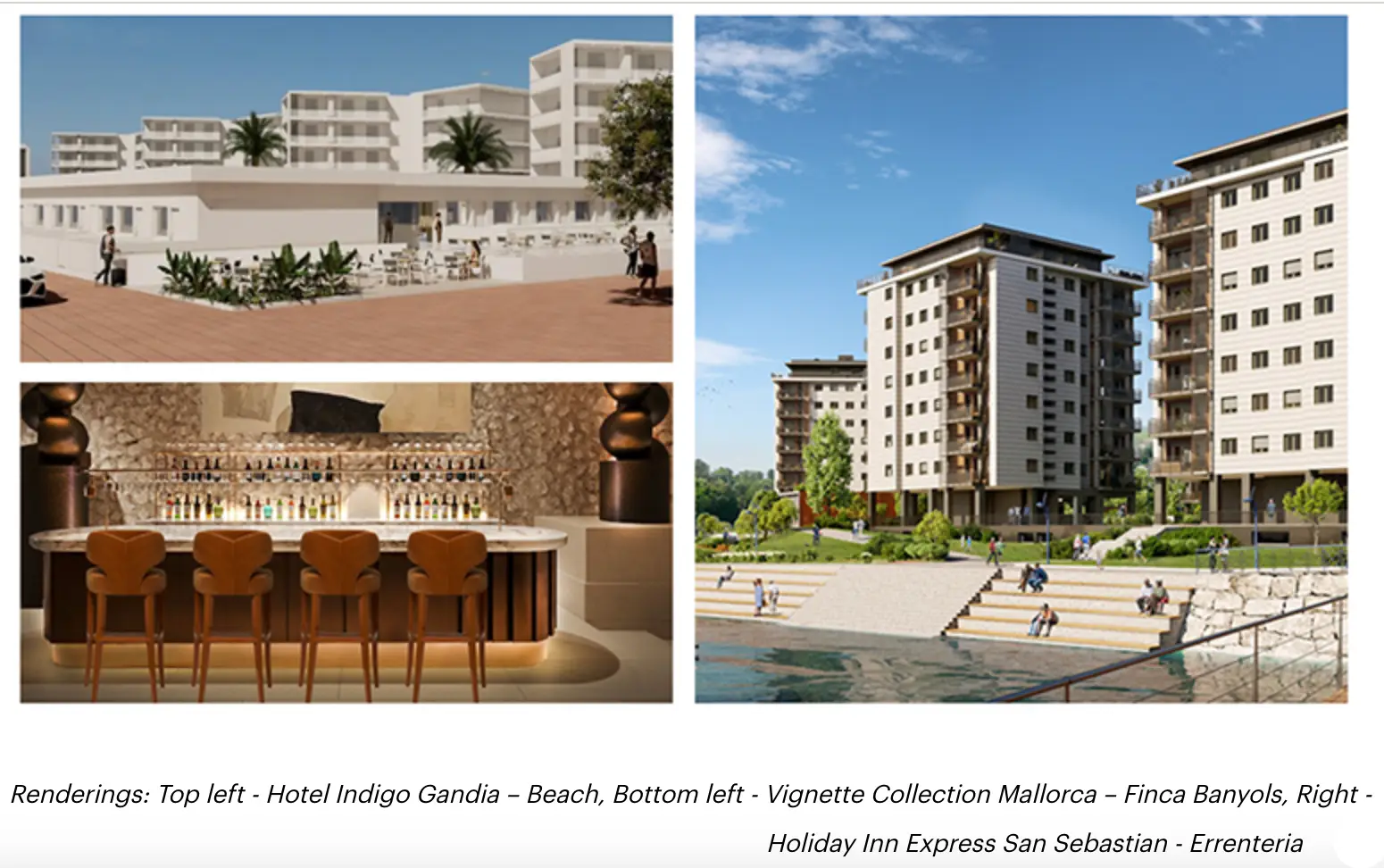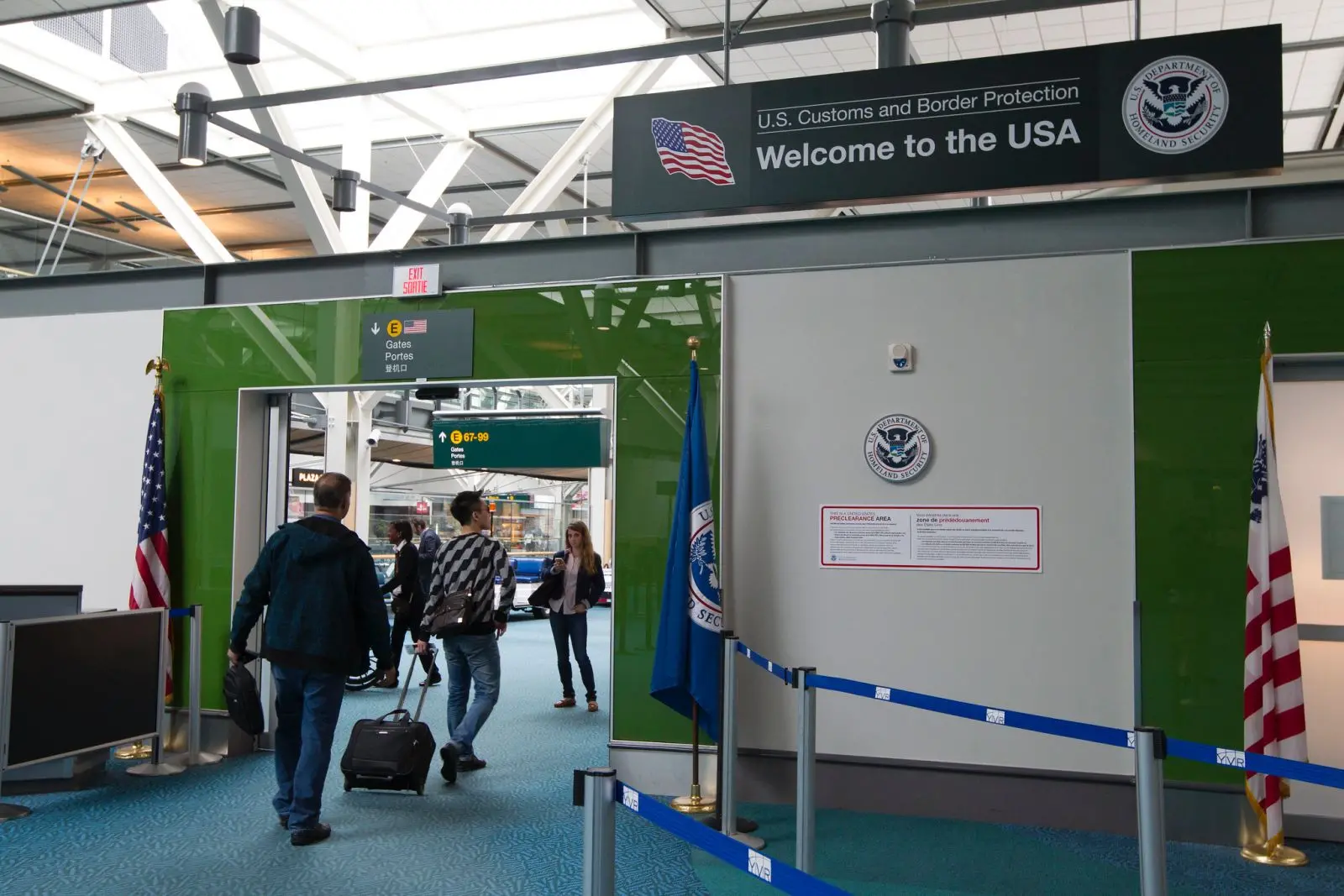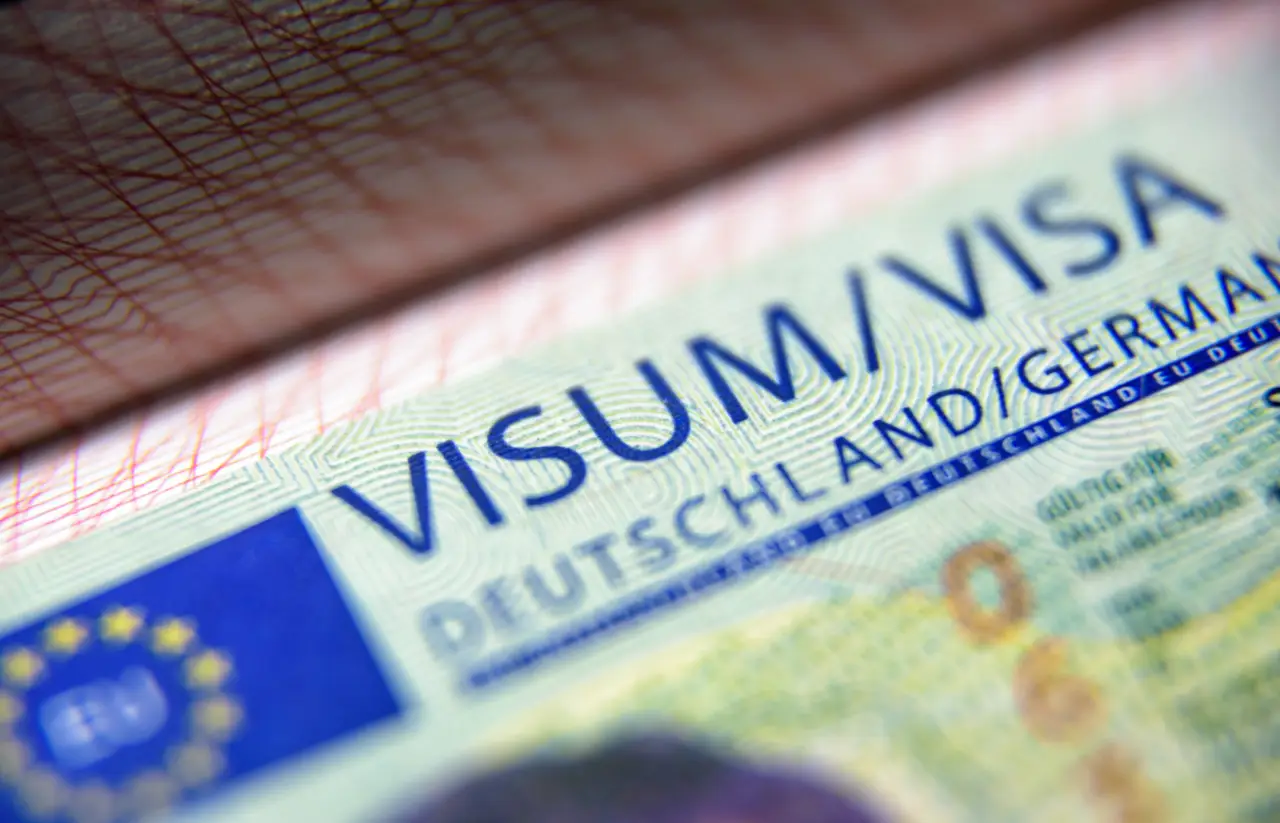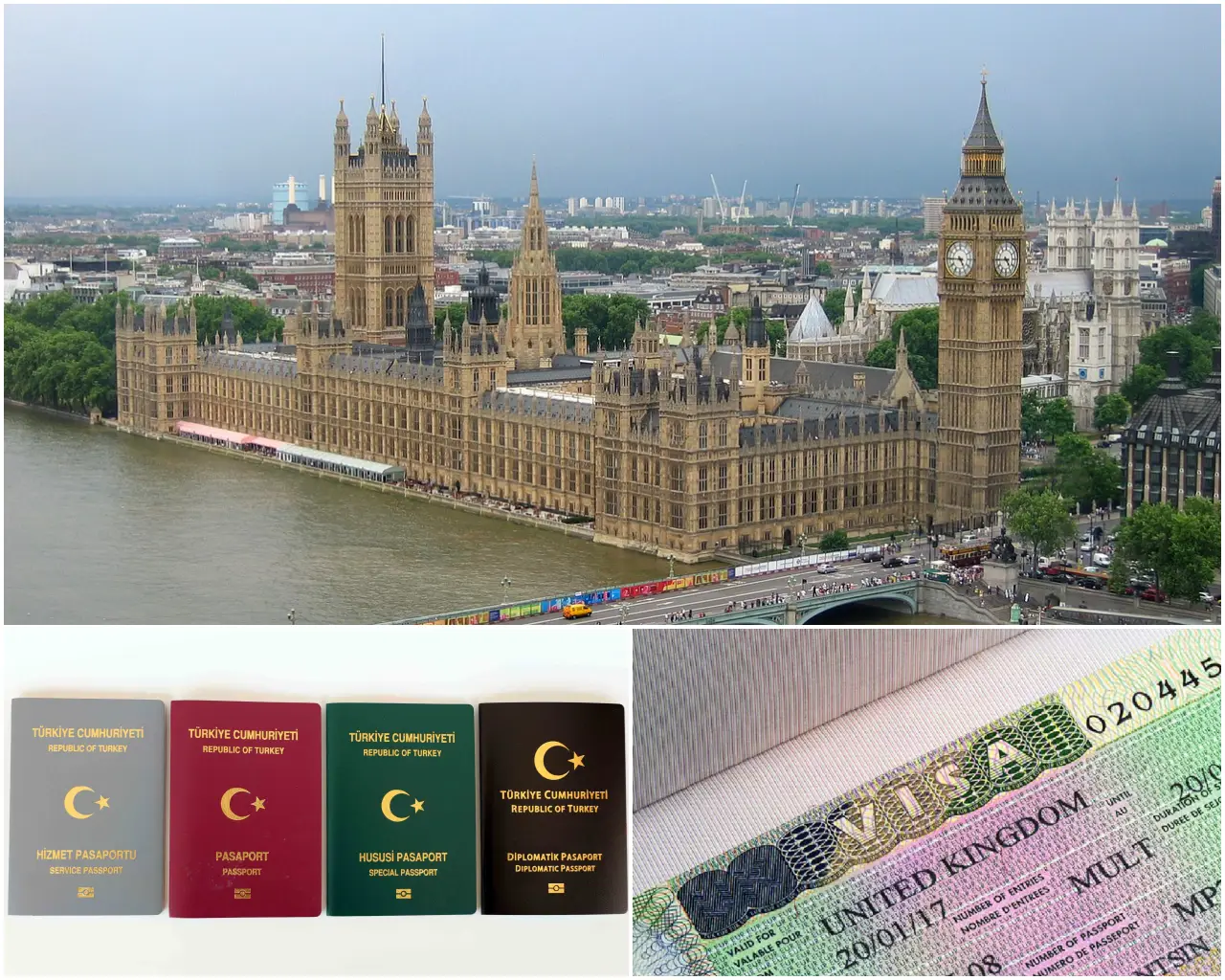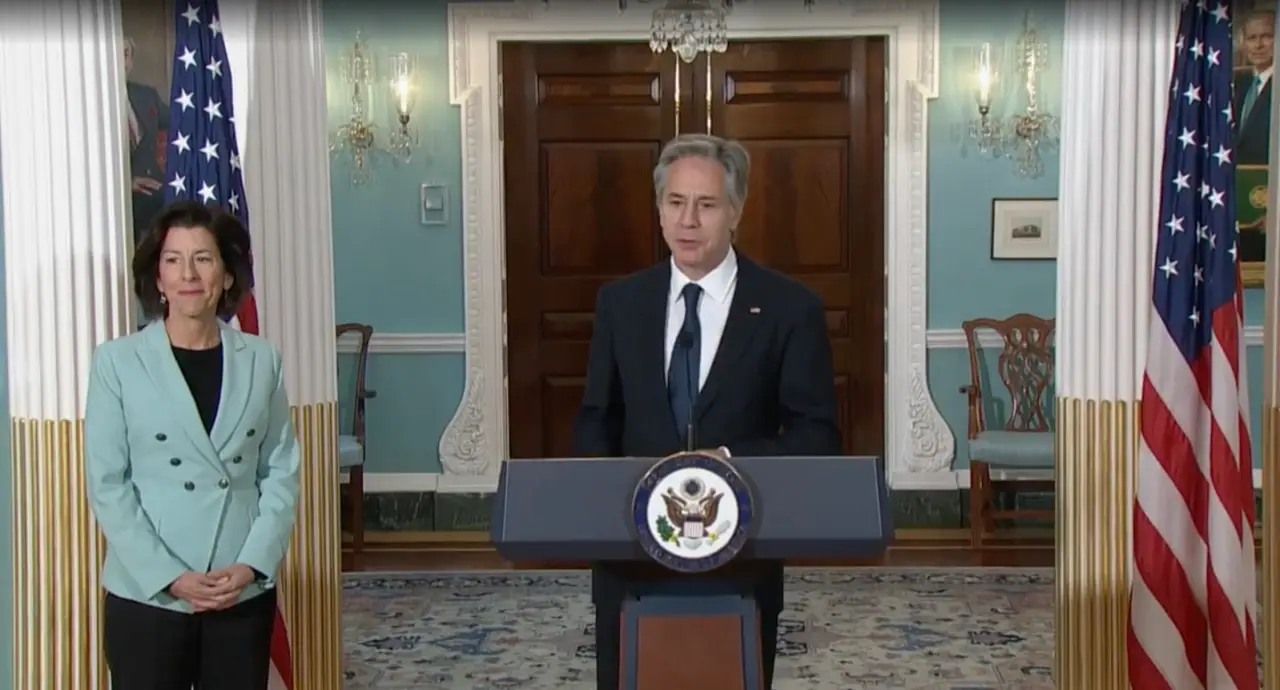ETA does not only stand for ‘Estimated Time of Arrival’. These days, it also stands for an Electronic Travel Authorisation which is an entry requirement or pre-screening for visa-exempt travellers visiting a foreign country. An ETA is electronically linked to a traveller’s passport.
An ETA is different from a visa as it is more for short-term stays and is generally less tedious to apply for as it does not require submission of documents such as letters from employers, bank statements etc. ETAs are typically applied for online and granted within a shorter timeframe from a few minutes to a few hours.
But why are more countries implementing this?
Which countries are implementing the ETA system?
Countries that have long had ETAs include Australia, Canada, and the United States, where it is called the Electronic System for Travel Authorization (ESTA).
Various news outlets have reported that Thailand is moving towards implementing a mandatory electronic travel authorisation (ETA) system for visa-exempt travellers. This would likely mean that citizens of 93 countries who enjoy visa-free entry, would have to apply for an ETA on an online portal before their trip. It has also been reported that a pilot scheme for Thailand’s ETAs would begin in December.
Other than Thailand, several countries have made plans to implement the system.
From Jan 8 next year, non-European nationals visiting the UK will need an ETA. Europeans will need one from Apr 2. More information here.
During the Covid-19 pandemic, Singapore required all travellers submit the SG Arrival Card within three days before arriving in Singapore, except for those on transit. It was primarily to screen in-coming travellers’ health and applies to Singaporeans who are returning to the country as well. This remains in place till now and is free.
Beginning 1 January 2024, all foreign citizens travelling to Malaysia are required to complete the Malaysia Digital Arrival Card (MDAC) three days prior to arrival, except for citizens of Singapore, Brunei and diplomats. No fee is required.
As for Indonesia, every traveller entering Indonesia needs to fill in a Customs Declaration Form online within 72 hours before arrival or else they have to queue longer at the Immigration counter.
Why are more countries implementing an ETA?
Channel NewsAsia stated that there are a variety of reasons – one of which is security. Countries can use ETA applications to assess travellers’ health, criminal records and travel history, for example. The importance of enhancing security at border checkpoints surely is of vital importance and will become increasingly so.
Another reason to implement an ETA is revenue generation as countries can collect fees from each visitor, since most ETA applications come with an administrative charge.
The government fee for an Australia ETA is A$20, while the US charges US$21 and the UK £10. New Zealand’s ETA fee is NZ$17 (US$10.60) but it also imposes a tourism levy of NZ$35, which is increasing to NZ$100 from October.
When implemented in 2025, the European Travel Information and Authorisation System (ETIAS) is planned to cost €7 for three years validity or until the expiry of the passport, whichever is sooner.
Thailand is reportedly not charging a fee for its ETA.
Another reason is the practicality of simplifying the entry process at immigration checkpoints, thus reducing wait times and choke-ups at immigration lines, hereby increasing efficiency and passenger satisfaction.
The same Channel NewsAsia report quoted Assistant Professor in Human Geography Zhang Jiajie who said that in general, a “borderless world” ideology is increasingly obsolete. “Seamless travel is bound to take a backseat to the priority placed on securitisation of the border in the name of national security,” said Dr Zhang, who is from the National Institute of Education at Nanyang Technological University in Singapore.
Security must remain a paramount priority as ETAs allows the destination or transit country to screen travellers before they arrive, thereby increasing visibility and security.


